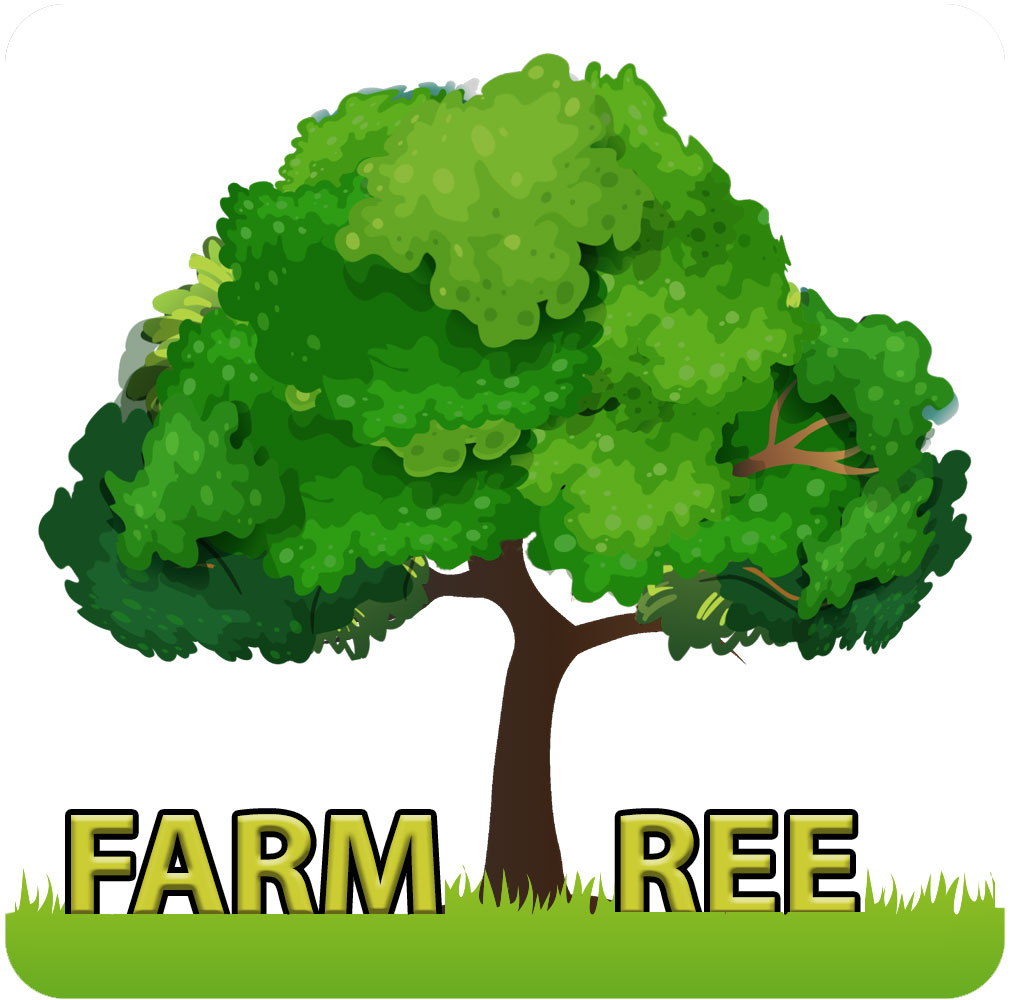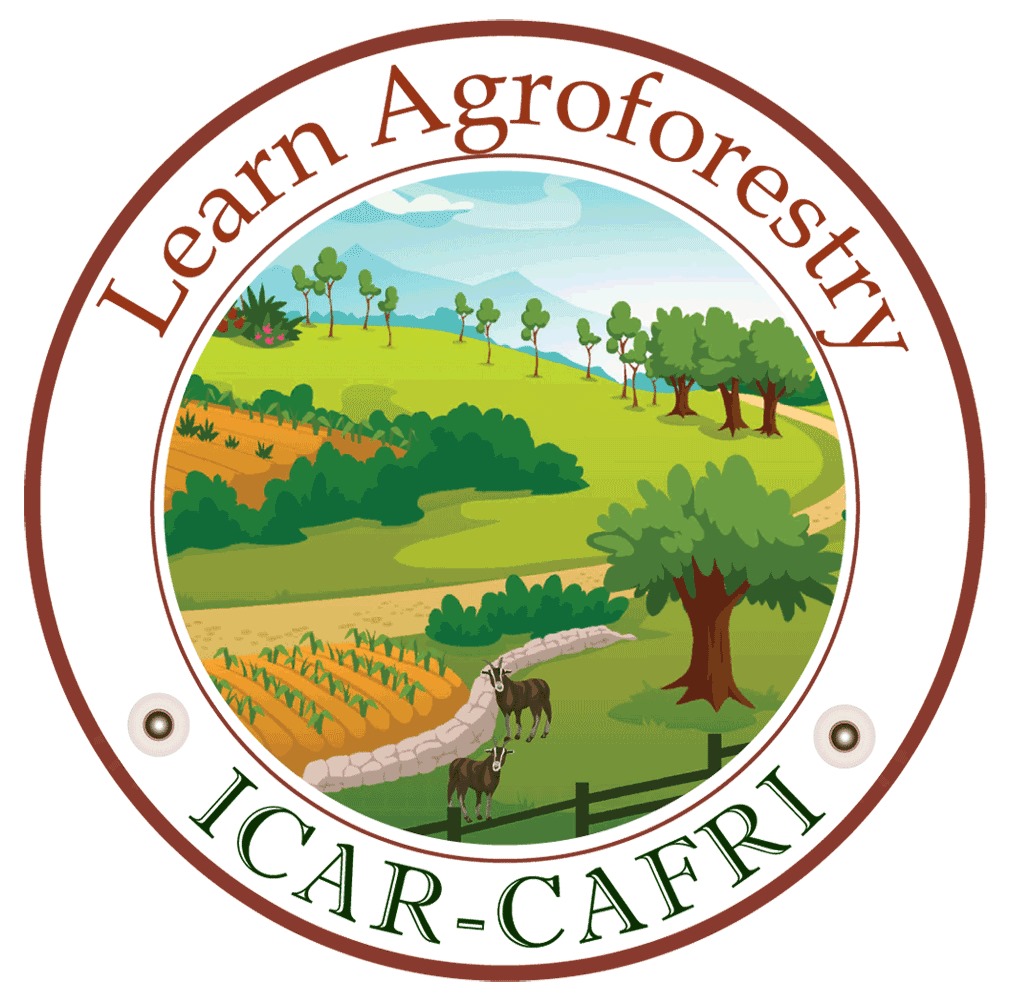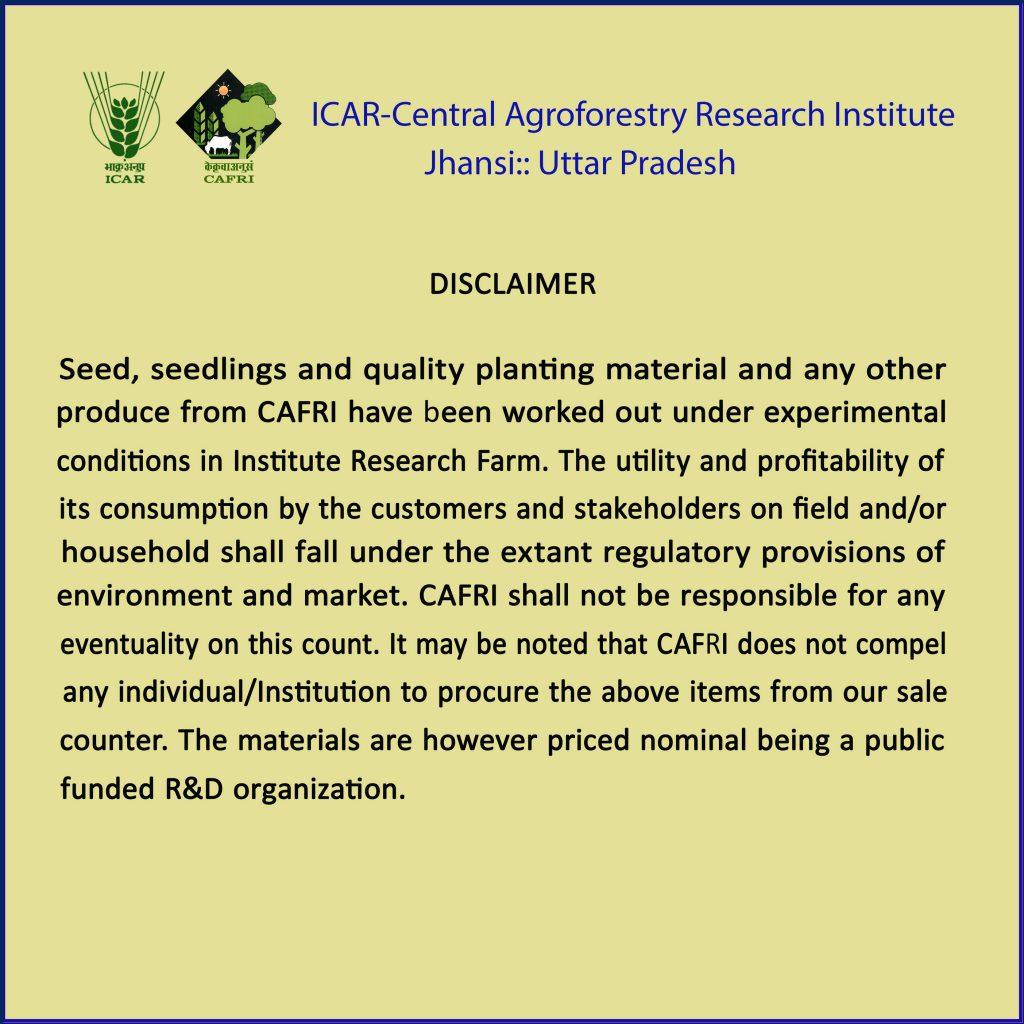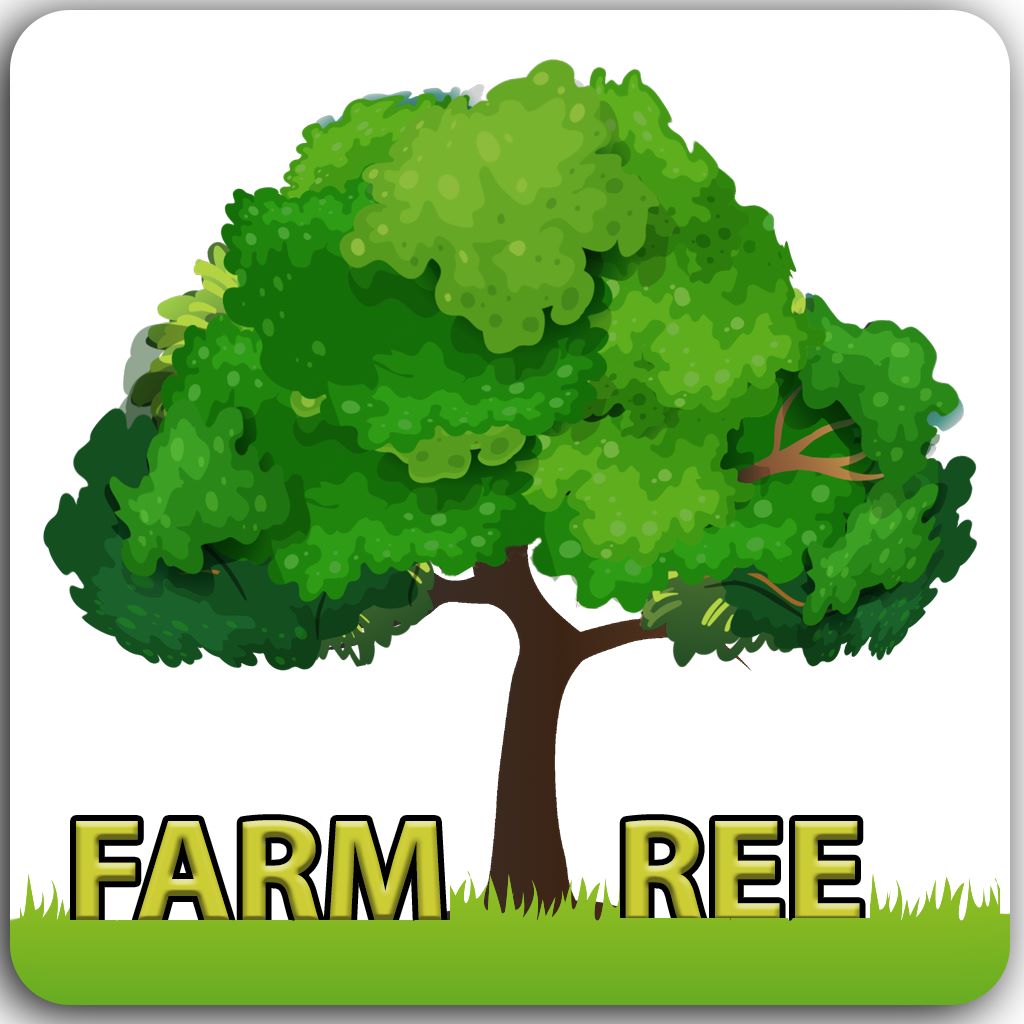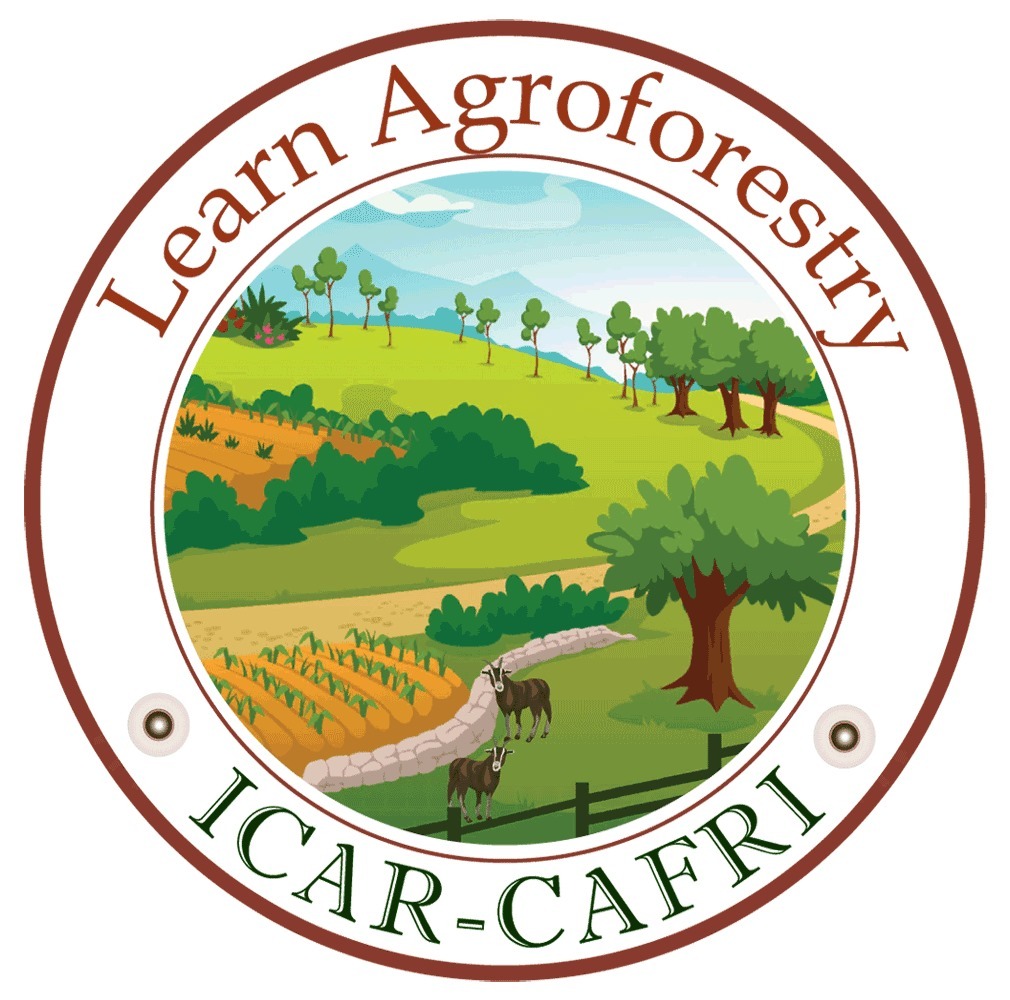Horticulture Laboratory
Research program:
Agroforestry System Research
Lab In-charge:
Ashok Yadav, Scientist (Fruit Science)
Lab associate’s:
- Young Professional-II:
Neha Gangwar - Field Assistant:
Sandeep Garg
Kamala Kant Tiwari - Lab Assistant:
Susheel Yadav
Mandates/target area:
- Density optimization of horticultural plants under Agroforestry system without inspecting food security.
- Mass multiplication of elite plants of horticultural crops for farmers
- Development of agroforestry model including fruit, natural resin, gums, gum-resin, oil, silk, fodder trees, timber trees and beekeeping unit.
- Live fencing with fruit plants for crop protection in farmer’s field.
- Introduction and developing packages of practice for exotic fruits
- Development of climate smart vanasthali of diverse horticultural plants along with forest crops.
- Utilization of vertical space both upward and downward in different agroforestry system through horticultural crops interventions.
Ongoing project/activities :
Institute Projects:
- Developing Multifunctional Agroforestry System for Nutritional Security in Semi-arid Tropics
External Projects:
- Evaluating the performance of strawberry cultivation in Babina Block of Jhansi district for crop diversification, and better economic returns at farmer’s field.
- Evaluating the performance of strawberry cultivation in Moth Block of Jhansi district for crop diversification, and better economic returns at farmer’s field.
- Evaluating the performance of sea weed extract, humic acid, protein hydrolysate, biochemical and botanical extracts.
- Development and evaluation of pomegranate based agroforestry system in Bundelkhand region for higher productivity and economic returns at farmer’s field
Inter-institutional Projects:
- Study of soil-hydrothermal environment under natural vs synthetic mulch.
Major achievements :
- Mango, guava, kinnow, and ber have been evaluated under agroforestry system with traditional crops
- Though mango is evergreen but dwarf mango variety (Amrapalli) permits cultivation of crops in interspaces up to 10 years when planted at wider row spacing
- Guava proved to be best suited to agroforestry system permitting crops in interspaces up to six years. Guava starts commercial bearing from 4th year onwards. Guava variety, L-49, Allahabad Safeda, Lalit, and Shweta, were evaluated. Any of them can be picked for commercial purpose. Although, Lalit variety due to red flesh fetch better in market, hence should be preferred.
- Kinnow, though uncommon in the region due to fruit fly yet can be accommodated in Agroforestry system with supplemental irrigation facility. Drip irrigation can enhance area under citrus fruits in drought prone areas
- Ber is a excellent fruit crop, well suited to agroforestry system as it is deciduous and warrants regular pruning. Besides fruits, leaf fodder, and fuelwood are available as bye products from rain fed lands. Variety Seb, Gola and Banarasi Kadka were found better.
- Aonla cv chakaiya, NA-7 were found better under agroforestry system. The species is deciduous, hence, permit cropping in interspaces upto 15-20 years
- Development of Aonla based agroforestry system for rain fed system have been developed for Bundelkhand region. They include in-situ plantation and budding or deep plantation coupled with available stone mulch in basin for better establishment.
- Bench grafting techniques in Aonla in the month of Feb, and ber in the month of April-May was standardized for high success, production of grafts in one year, better field establishment
- Top working of Karonda (Carrissa spinarum) possessing very small fruit with large fruit type variety “American Red & White” was successfully demonstrated in field. Karonda bushes were headed back in April and mini coppice shoot were budded in May with improved variety.
- Minor fruits like chironji, Lasoda and phalsa, were successfully domesticated at research institute.
- High tech nursery with mist facility, shade net, have been established for experimentation and production of QPM of fruit plants.
- Identified six cultures of glomus sp. and one culture of Acaulospora were purified from trap cultures set to isolated AM fungi from rhizosphere of Aonla, Ber, Chironji and Lasoda.
- Successfully demonstrated and promoted the strawberry cultivation Babina and Moth block of Jhansi district of Uttar Pradesh.
Publications :
- Kumar, S., Prasad, R., Kumar, V., & Krishna, A. K. (2021). Organic source on productivity of pomegranate–lemongrass-based agroforestry system in central India. Agroforestry Systems, 95(4), 615-624.
- Yadav, A., Dhakar, M. K., Kumar, S., Handa, A. K., & Arunachalam, A. (2021). First report on status and prospects of Loranthus in mango orchards: A potential threat to mango based agroforestry system. Indian Journal of Agroforestry, 23(2).
- Yadav A.,K Tiwari, Sushil Kumar, Asha Ram, Hirdayesh Anuragi, Arun Kumar Handa, Arunachalam Ayyanadar.2021 Horticultural Trees for Live Fencing. AgriCos e-Newsletter. 2 (06) 126-130.
- Yadav A., Hirdayesh Anuragi, Sushil Kumar, Inder Dev, Arun Kumar Handa, Ayyandar Arunachalam, Naresh Kumar, Vishnu R and Pramendra. 2021. Manilla Tamarind: A Multipurpose Plant Suitable for Dryland Areas. Agriculture and Environment e-Newsletter 2 (6): 92-97.
- Yadav A., Sandeep Garg, Satyam Bansal, Ayyandar Arunachalam, Sushil Kumar, Suman Lata, Badre Alam and Inder Dev.2022. Nutraceutical Importance of an Underutilized Wood Apple Fruit. Agri Cos e-Newsletter 03 (09): 50-52.





